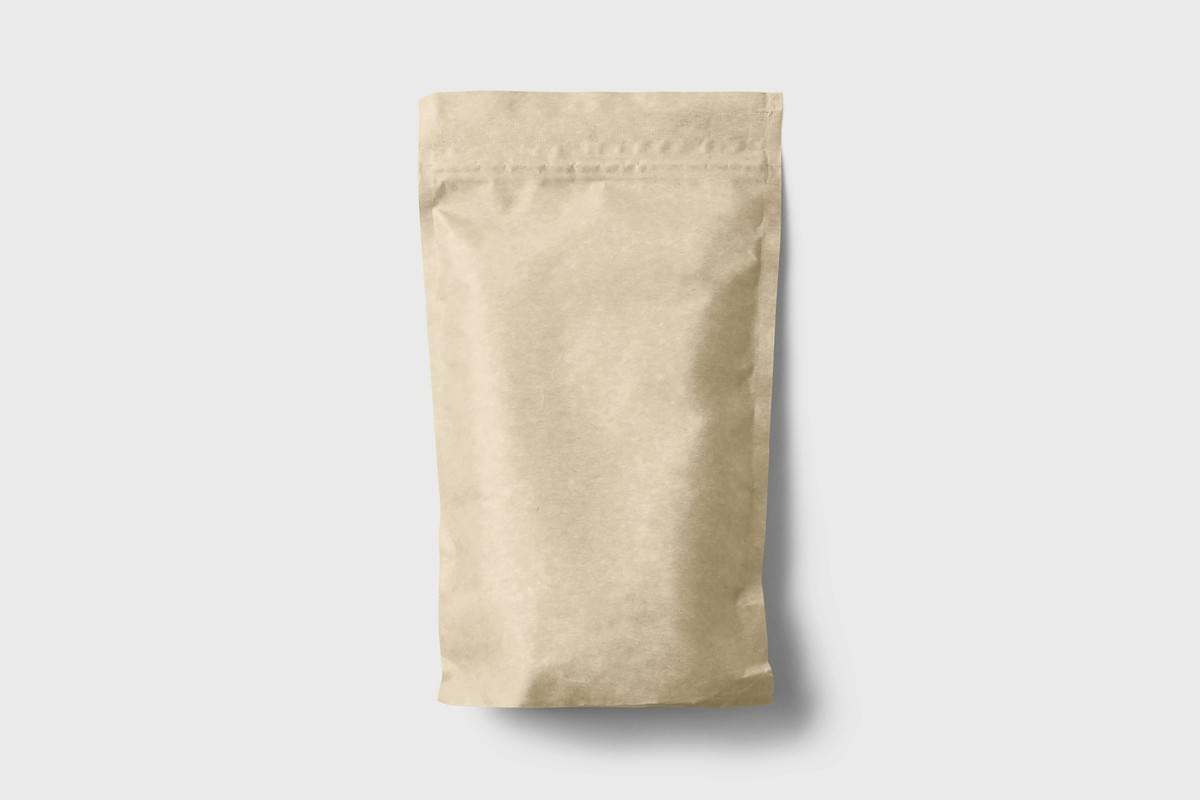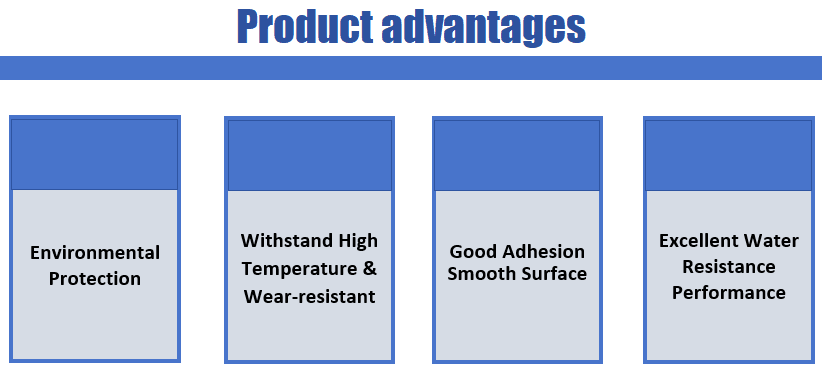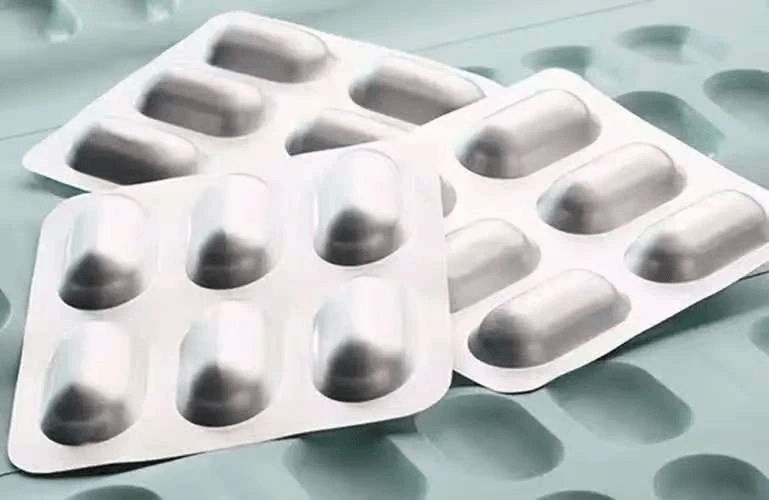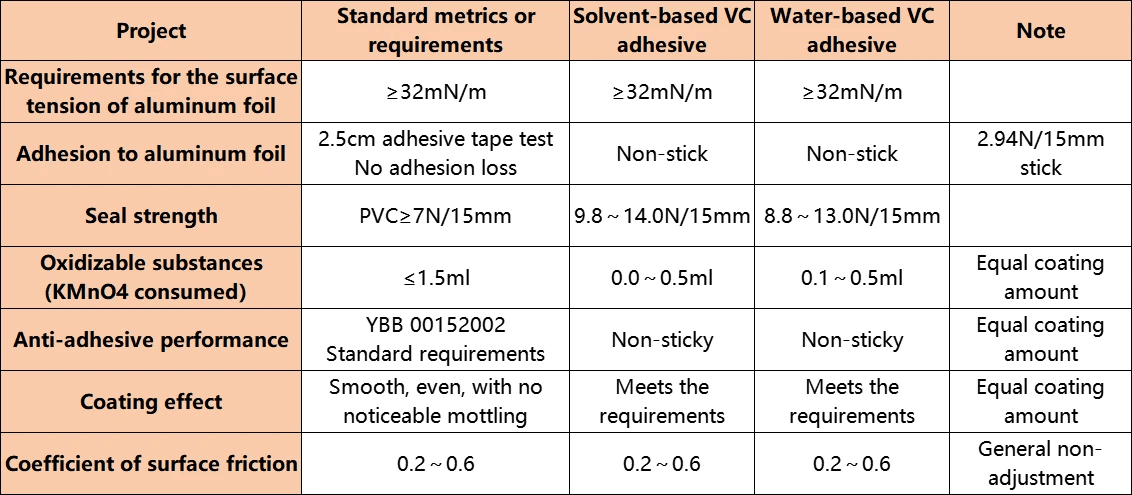Introduction

In the ever-evolving landscape of medical technology, adhesive application solutions have emerged as unsung heroes, playing a critical role in ensuring the safety and efficacy of various medical devices. From surgical tools to wound dressings, these adhesives provide essential bonding capabilities that enhance performance and reliability. Understanding the nuances of different adhesive types is crucial for manufacturers and healthcare providers alike, as they navigate the complexities of material selection.
Importance of Adhesive Component Solutions
Adhesive component solutions are fundamental to modern medicine, bridging gaps between materials while ensuring durability and functionality. They offer unique benefits such as flexibility, strength, and resistance to environmental factors—qualities that are paramount in medical applications where precision is non-negotiable. Whether it’s a spray adhesive used for quick repairs or a high temperature adhesive designed for surgical instruments, these solutions are indispensable.
Applications in the Medical Field
The applications of adhesive solutions in the medical field are vast and varied, ranging from securing prosthetics to assembling intricate diagnostic equipment. Adhesive sealants play a pivotal role in preventing leaks in devices that require sterile environments, while water-based adhesives offer safe bonding options for skin contact applications. The versatility of industrial adhesive glue further enhances its utilization across numerous healthcare settings, supporting everything from device assembly to patient care.
Overview of Key Adhesive Types
When discussing adhesive application solutions, several key types emerge as industry favorites: spray adhesives provide instant bonding; adhesive sealants ensure airtight environments; water-based adhesives prioritize safety; high temperature adhesives withstand rigorous conditions; and industrial adhesive glue serves as the backbone for many medical devices. Each type brings its own set of advantages tailored to specific applications within healthcare settings. By understanding these options, stakeholders can make informed decisions that optimize patient outcomes and operational efficiency.
Understanding Adhesive Application Solutions

In the realm of modern medicine, adhesive application solutions play a crucial role in ensuring the reliability and effectiveness of various medical devices. These solutions encompass a range of products designed to bond materials together, providing essential support in everything from surgical tools to prosthetics. Understanding these adhesive types is vital for manufacturers and healthcare providers alike, as the right choice can enhance performance and safety.
Definition and Importance
Adhesive application solutions refer to substances used for bonding materials together, offering an alternative to traditional fastening methods like screws or bolts. Their importance in the medical field cannot be overstated; they provide secure connections that are often essential for device integrity and patient safety. By utilizing spray adhesive, adhesive sealants, water adhesives, high temperature adhesives, and industrial adhesive glue, manufacturers can create reliable products that withstand rigorous use.
Common Types of Adhesives
There are several common types of adhesives utilized within the medical sector, each tailored for specific applications. Spray adhesives are favored for their ease of use and ability to cover large areas quickly, while adhesive sealants offer excellent moisture resistance—ideal for environments where sterility is paramount. Water-based adhesives provide a safer alternative with lower toxicity levels; high temperature adhesives ensure durability under extreme conditions; and industrial adhesive glue serves as the backbone for many critical medical devices.
Role in Medical Devices
The role of adhesives in medical devices is multifaceted; they not only hold components together but also contribute to overall device performance and longevity. For instance, high temperature adhesives are essential in surgical tools that encounter heat during procedures, ensuring that bonds remain intact under stress. Additionally, water-based adhesives minimize health risks associated with volatile organic compounds (VOCs), making them suitable for sensitive applications where patient safety is a priority.
Spotlight on Spray Adhesive

Spray adhesive is a versatile solution that has found its niche in various industries, particularly in healthcare. With its unique application method, it allows for even distribution and quick bonding of materials, making it an ideal choice for medical applications. This section will delve into the benefits and applications of spray adhesive, highlight key players in the market, and explore specific use cases within healthcare.
Benefits and Applications
One of the standout features of spray adhesive is its ease of use; users can apply it quickly without the mess typically associated with traditional adhesives. The fine mist allows for precise application on various surfaces, ensuring that delicate materials are not damaged during bonding—a crucial factor in medical settings where precision is paramount. Additionally, spray adhesives come in various formulations tailored to different requirements, such as high temperature adhesive options that withstand sterilization processes.
Spray adhesives also boast impressive bond strength while maintaining flexibility—an essential characteristic when dealing with medical devices where movement is expected. Their quick-drying properties mean that production timelines can be significantly reduced, allowing for faster turnaround times in manufacturing environments. Furthermore, these adhesives are often resistant to moisture and chemicals, enhancing their durability in demanding healthcare applications.
Key Players in the Market
The market for spray adhesive solutions includes several notable brands known for their innovative products and commitment to quality. Companies like 3M lead the charge with a range of spray adhesives specifically designed for industrial adhesive glue applications within healthcare settings. Other key players include Permabond and Loctite, both of which offer specialized formulations that cater to unique medical needs.
These manufacturers have invested heavily in research and development to create products that meet stringent regulatory standards while also addressing environmental concerns through water-based resin solutions. As demand grows for more sustainable options within medical device manufacturing, these companies are likely to continue innovating to stay ahead of industry trends while providing effective adhesive application solutions.
Use Cases in Healthcare
In healthcare environments, spray adhesive finds numerous applications—from assembling medical devices to creating secure bonds between components like tubing or sensors used in monitoring equipment. For instance, hospitals utilize spray adhesives when constructing custom prosthetics or orthopedic supports where lightweight yet strong bonds are essential. Additionally, they play a role in securing surgical drapes or other materials during procedures where sterility and stability are critical.
Another fascinating use case involves creating multi-layered wound dressings that require both flexibility and strong adhesion without irritating sensitive skin—something only specialized spray adhesives can provide effectively. The ability to create reliable bonds under varying conditions makes spray adhesive an indispensable tool across many facets of healthcare innovation today. As we move forward into an era focused on advanced technologies and improved patient care methods, the importance of effective adhesive application solutions like spray adhesives cannot be overstated.
The Power of Adhesive Sealants

When it comes to medical assemblies, adhesive sealants are nothing short of superheroes. These unsung heroes create reliable bonds that ensure the integrity and performance of medical devices, from surgical instruments to implantable devices. In an industry where precision and safety are paramount, the right adhesive application solutions can make all the difference.
Importance in Medical Assemblies
Adhesive sealants play a crucial role in maintaining sterility and preventing contamination in medical assemblies. They provide strong, durable seals that withstand various environmental conditions, which is vital for ensuring patient safety during procedures. Moreover, these sealants facilitate efficient manufacturing processes by reducing assembly time and enhancing product reliability.
Brands Leading the Way
Several brands have made their mark in the adhesive sealant market, offering innovative solutions tailored for the medical field. Companies like 3M, Henkel, and Loctite are at the forefront with their high-performance products designed specifically for healthcare applications. Their commitment to quality ensures that healthcare professionals can rely on these adhesive application solutions to meet stringent regulatory standards.
Successful Applications
The versatility of adhesive sealants shines through in numerous successful applications across healthcare settings. From sealing catheters to bonding components in diagnostic equipment, these adhesives demonstrate exceptional strength and reliability under pressure—literally! Furthermore, advancements like water-based adhesives and high-temperature adhesives have opened new avenues for innovation within this space, proving that when it comes to medical devices, a solid bond is essential.
Water-Based Resin Solutions

Water-based resin solutions are gaining traction in the adhesive application solutions market, particularly due to their eco-friendliness and versatility. Chemix’s water-based resin stands out as a notable example, offering a unique blend of performance and safety for medical applications. This innovative adhesive not only meets stringent industry standards but also addresses the growing demand for environmentally responsible products.
Advantages of Chemix's Water-Based Resin
Chemix's water-based resin boasts several advantages that make it an ideal choice in the realm of medical adhesives. First and foremost, its low toxicity ensures that it is safe for use in various medical devices without compromising patient health or safety. Additionally, this water adhesive provides excellent bonding strength while remaining flexible, which is crucial for applications where movement is involved—think surgical tools or wearable devices.
Moreover, the ease of cleanup associated with water-based resins makes them user-friendly compared to traditional solvent-based adhesives. This characteristic reduces downtime during manufacturing processes and contributes to a cleaner working environment, aligning perfectly with modern sustainability goals within the healthcare sector. Overall, Chemix's water-based resin exemplifies how innovative adhesive application solutions can enhance both product performance and safety.
Environmental Impact and Safety
The environmental impact of any adhesive solution cannot be overstated, especially in today’s eco-conscious world. Water-based resins like those from Chemix significantly reduce harmful VOC emissions compared to high temperature adhesives or industrial adhesive glue alternatives that rely on solvents. By choosing these more sustainable options, manufacturers contribute positively to environmental preservation while ensuring compliance with increasingly strict regulations.
Furthermore, safety is paramount in medical applications; thus, using a product that minimizes exposure to hazardous materials is essential. The non-toxic nature of water adhesives aligns seamlessly with health regulations governing medical device production and usage. As healthcare continues to prioritize patient well-being and environmental sustainability, embracing such innovative solutions becomes not just beneficial but necessary.
Versatility in Medical Applications
One of the standout features of Chemix's water-based resin is its remarkable versatility across various medical applications—from wound dressings to prosthetics assembly. This adaptability makes it an attractive option for manufacturers looking to streamline their production processes while maintaining high-quality standards in their products. Unlike some spray adhesives or traditional adhesive sealants that may be limited by specific use cases or conditions, water adhesives can cater to diverse needs effectively.
Additionally, these resins can bond different substrates together seamlessly—be it plastic components used in surgical devices or fabrics for patient care items—without compromising structural integrity under stress or strain conditions typical in healthcare environments. The ongoing development in this area indicates a bright future for water-based resins as they continue to evolve alongside advancements in medical technology.
In summary, as we delve deeper into the world of adhesive application solutions like Chemix's water-based resin, it's clear that innovation drives progress across multiple facets—from environmental impact and safety considerations to unmatched versatility within various medical contexts.
High Temperature Adhesives in Medicine

High temperature adhesives play a crucial role in the medical field, especially when it comes to devices that must withstand extreme conditions. These specialized adhesive application solutions are designed to maintain their integrity and performance even under elevated temperatures, ensuring that medical devices function reliably. From surgical tools to diagnostic equipment, the need for heat resistance is paramount, making high temperature adhesives indispensable in modern healthcare.
Necessity for Heat Resistance
In the medical arena, high temperature adhesive solutions are essential due to the rigorous demands of sterilization processes and operational environments. Surgical tools often encounter intense heat during autoclaving or cauterization procedures; thus, using an adhesive that can endure these conditions is critical for maintaining device integrity and patient safety. Without effective high temperature adhesives, components could fail or detach under stress, leading to potential hazards in medical settings.
Top Innovations and Technologies
The evolution of high temperature adhesives has seen remarkable innovations aimed at enhancing performance while ensuring safety and reliability. New formulations incorporate advanced materials that not only provide superior heat resistance but also improve adhesion strength across various substrates used in medical devices. Companies are increasingly investing in research and development to create cutting-edge high temperature adhesive technologies that cater specifically to the needs of healthcare professionals.
Applications in Surgical Tools
High temperature adhesives find extensive applications in surgical tools where durability is non-negotiable. For instance, they are often used to bond components of electrosurgical instruments or endoscopic devices that operate at elevated temperatures during procedures. By utilizing robust industrial adhesive glue alongside these high temperature solutions, manufacturers can ensure their products meet stringent regulatory standards while delivering optimal performance in critical situations.
Industrial Adhesive Glue: The Backbone of Medical Devices

Industrial adhesive glue plays a pivotal role in the production and functionality of medical devices. These adhesives are designed to meet stringent regulatory standards while providing reliable bonding solutions that ensure the safety and effectiveness of medical products. With their diverse formulations, industrial adhesives can cater to a variety of applications, enhancing device durability and performance.
Overview and Key Characteristics
When it comes to adhesive application solutions, industrial adhesive glues stand out for their exceptional bonding strength, versatility, and resistance to environmental factors such as moisture and temperature fluctuations. These adhesives often feature advanced properties like high-temperature resistance, making them suitable for surgical tools that require sterilization at elevated temperatures. Additionally, they can accommodate various substrates, including plastics, metals, and glass—critical characteristics for the intricate designs found in modern medical devices.
Leading Manufacturers and Their Products
Several leading manufacturers dominate the market for industrial adhesive glue tailored for healthcare applications. Companies such as 3M, Henkel, and Loctite offer an extensive range of products that include spray adhesives specifically formulated for medical uses and high-temperature adhesives designed to withstand sterilization processes. These brands continuously innovate their offerings by developing new formulations that enhance performance while prioritizing safety in medical environments.
Essential Applications in Healthcare
Industrial adhesive glue is essential in numerous healthcare applications—from assembling complex medical devices to ensuring secure attachments between components like sensors or tubing in diagnostic equipment. For instance, using an effective adhesive sealant can prevent leaks in IV bags or ensure airtight seals on surgical instruments. Moreover, water-based resin solutions provide environmentally friendly options that align with contemporary sustainability practices without compromising performance—proving that industrial adhesives are truly the backbone of modern medicine.
Conclusion
As we draw the curtain on our exploration of adhesive application solutions in the medical field, it's clear that these compounds are more than mere sticky substances. They play a pivotal role in ensuring the functionality and safety of medical devices, from surgical tools to critical patient care equipment. The future promises even greater advancements as the industry continues to innovate and adapt to new challenges.
The Future of Adhesive Solutions in Medicine
The future of adhesive solutions in medicine is bright and brimming with potential. As healthcare technology evolves, so too will the demand for specialized adhesives like high temperature adhesive and water-based resin solutions that can withstand rigorous conditions while ensuring patient safety. Innovations such as smart adhesives that respond to environmental changes could revolutionize how we think about adhesion in medical applications.
How Innovations are Shaping the Industry
Innovations are reshaping the landscape of adhesive application solutions, making them more effective and versatile than ever before. For instance, advancements in spray adhesive technology have led to products that not only bond materials effectively but also cater to specific needs within healthcare settings, such as quick-drying formulations for emergency situations. Furthermore, industrial adhesive glue manufacturers are continuously developing new formulations that enhance durability without compromising safety or performance.
Selecting the Right Adhesive for Your Needs
Selecting the right adhesive for your needs is crucial; it can mean the difference between a successful procedure and a costly mistake. With an array of options available—from high temperature adhesives suited for surgical tools to robust adhesive sealants used in medical assemblies—it's essential to consider factors like environmental impact and application requirements. By understanding your specific needs and leveraging innovative products, you can ensure optimal outcomes with your chosen adhesive application solutions.
